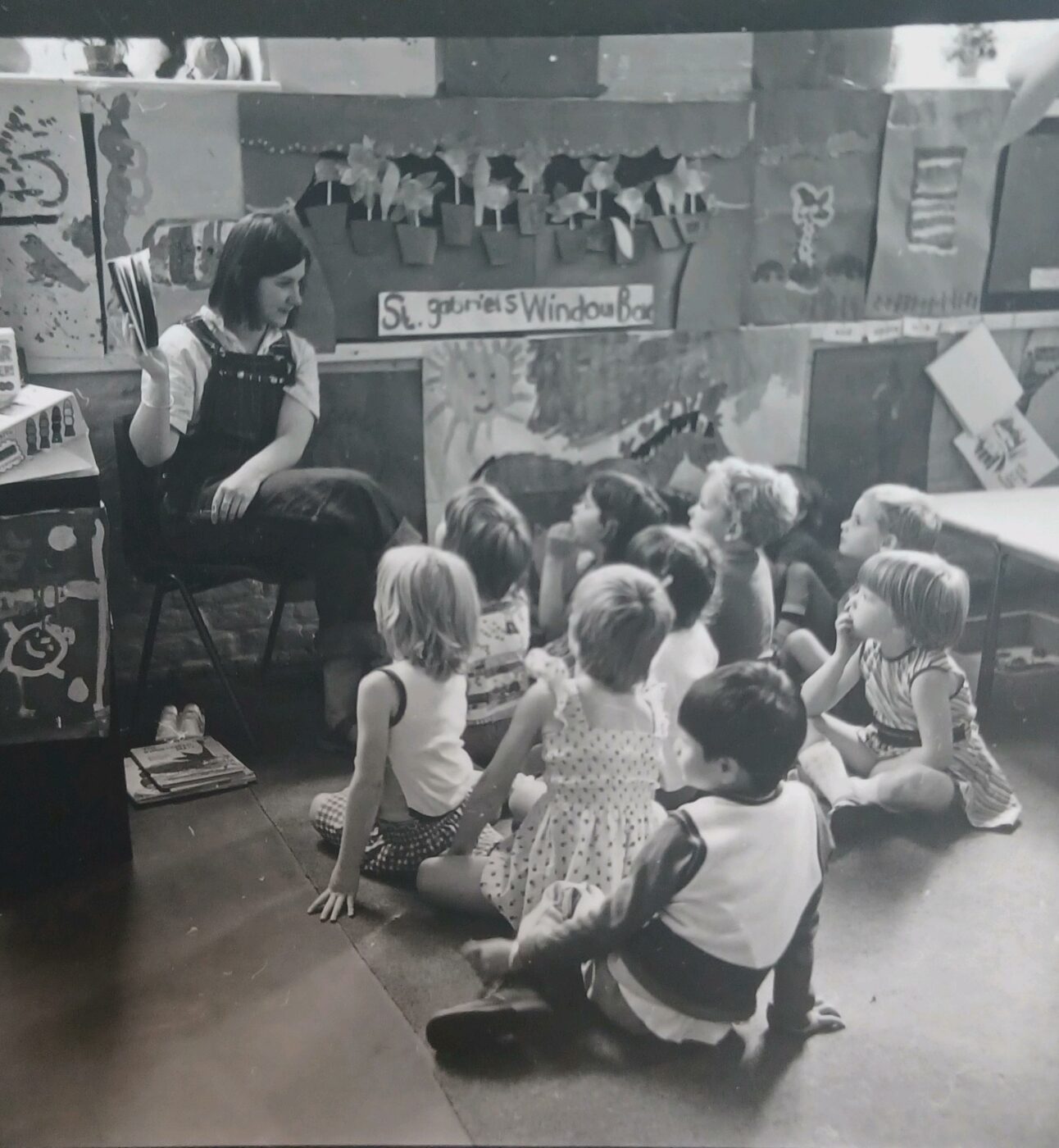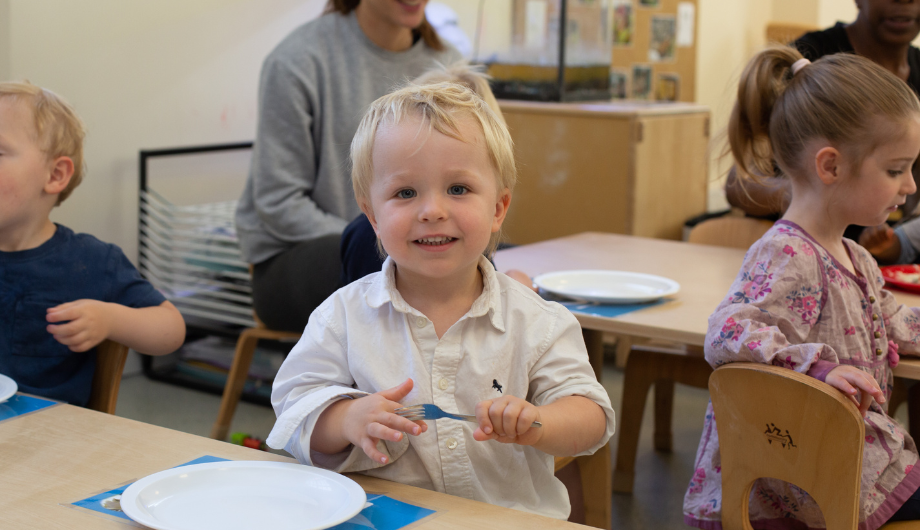
Talking Early Years: Celebrating 120 Years at LEYF
The Year That is 2023 – This year, we are proud to celebrate 120 years of LEYF. It’s been fascinating to reflect back on what has changed over…
June 7th 2012
I am a nervous passenger generally, but my anxiety rises to a whole new level when we go on the motorway.
My coping mechanism is to work on my computer to avoid spending the whole journey gripped in a panic that we are about to crash into the lorry ahead. The upside is that I get time to trawl through my documents and keep calm. Meanwhile, the driver (usually my husband) is able to concentrate on the road, rather than having to continually threaten to throw me out. The downside is that I come across speeches, articles and blog entries which all smack of Déjà Vu.
This week was a case in point, as I found myself preparing a speech on leadership in the sector and a presentation for some funds to help us grow the business. As I began the process by finding similar speeches for inspiration, I was shocked to discover so many of the issues facing us today were exactly the same as far back as 2007. I know they say that change takes time, but this seems excessively slow.
So I thought it might serve as a fun game, as we head into the Jubilee-free weekend, to remind ourselves of the state of play and key issues back then, to see how much if anything has changed:
Peter Drucker said that management has no choice but to anticipate the future. Well then, we better start looking at the past, because the blueprint is already there. And as a leader, it’s probably wise to get organisations fit to manage the continual challenges that are not easily solved and are more entrenched than we could possibly imagine. Learning from experience is not enough.
Therefore, I’d suggest that one solution may be to create a learning organisation that can flex and re-shape, according to both the fast and slow pace of change. Consider the following ten steps, and maybe in this instance a bit of repeat, recall and déjà vu will be a good thing:
Do you agree with the above? Let me know what you think in the space below.

The Year That is 2023 – This year, we are proud to celebrate 120 years of LEYF. It’s been fascinating to reflect back on what has changed over…

We have been raising the issues of childcare funding for over 10 years. It has been so long, I am amazed at how patient I’ve remained – and…

In the beginning of 2022 So here we are. The final blog of 2022. And hey, we’ve managed to get through what has been a year of discontent and foolishness.